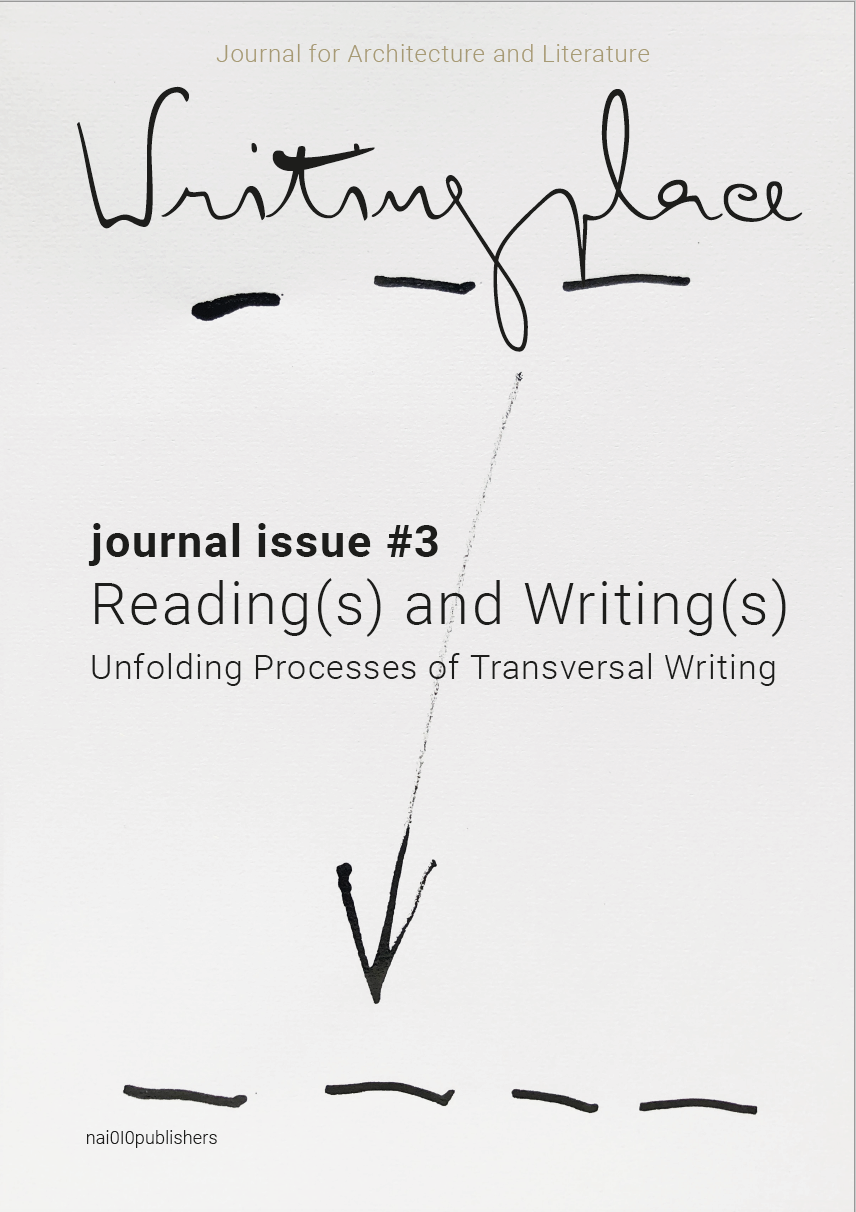Decolonizing Your Island Imaginary
Preparations for a Novella in Four Parts
DOI:
https://doi.org/10.7480/writingplace.3.4352Abstract
Hélène Frichot’s contribution offers an approach to decolonising through fiction, where cross-generational memories of family life in the Seychelles are used to critically illuminate colonial histories. The function of this experimental essay is to offer a preparatory test-site for a future project that may, or may not, come to fruition. What is at stake are processes of decolonisation, specifically of spatial memories, including the residual hold of colonial imaginaries and how these might be creatively critiqued. The story begins on an apparent island paradise, in the grounds of a colonial plantation house coloured sepia, shades of mahogany and amber hue, as all the world seemingly sleeps its way through siesta. An encounter is witnessed between a returned colonial brother and a younger sister the aftermath of which will concatenate through the following three parts of the projected novella. The second part takes place in Perth, the most geographically isolated city in the world, in hyper-saturated Super-8 colours, brilliant fuchsias, lilacs, yellows and blues. Following an evening of sun darkened children’s’ limbs lingering on a makeshift tarpaulin picnic blanket laid out on a backyard of buffalo grass, two girls sneak into the depths of a migrant family home, into an aunt’s closed bedroom to paint their faces in eyeshadows and lipsticks, only to be suddenly discovered. Part three is sketched in cold translucent greys, and deep brown shadows, witness to a young woman venturing far from home. She is hosted by a reclusive family member in an old apartment on Rue Buffon overlooking the Jardin des Plantes, as she prepares herself for a year of study in a far-off land that is both familiar and strange. Sitting in a stone courtyard on campus, holding a book between her hands – attended on the right by the statue of a poet, and on the left by the statue of a biologist – she hears a noise as though the long-lost sea were approaching her. A massive swell of student bodies floods the courtyard, taking her up in its wake. She recognizes the voice of someone who cries out: It is Forbidden to Forbid! Finally, at the centre of Empire in royal blue, indigo, and chalk with burnt orange highlights, a moment of culmination will be discovered. Temporal registers begin to slip and slide: a young man suffers a humiliating sexual encounter as an older man is confronted ascending from the basement flat of a government in exile. A suite of colonial imaginaries is, from one scene to the next, composed and decomposed through processes of decolonisation.
The text is introduced by a reading compiled by Kim Gurney
References
References Reading:
Jamaica Kincaid, At the Bottom of the River (New York: Farrar, Straus and Giroux, 1983).
Diana Fuss, ‘Interior Colonies: Frantz Fanon and the Politics of Identification’, Diacritics, vol. 24 (1994) no. 2-3, 20-42: 24.


